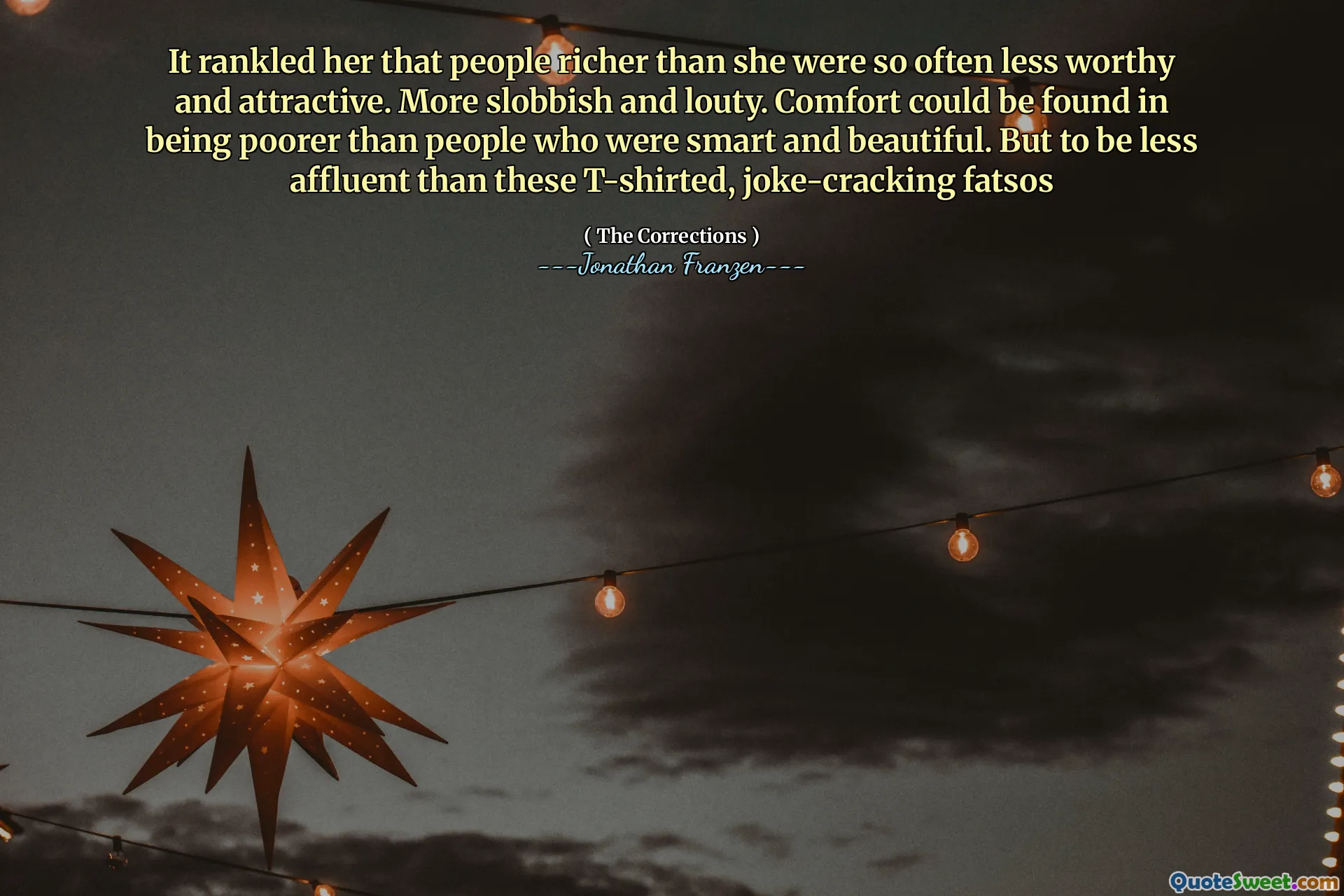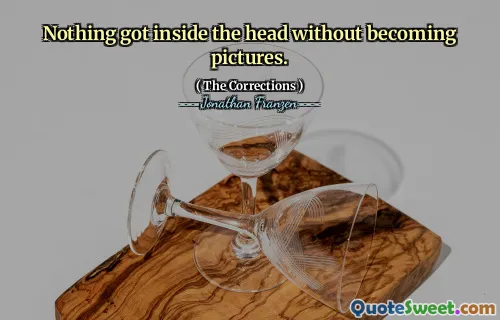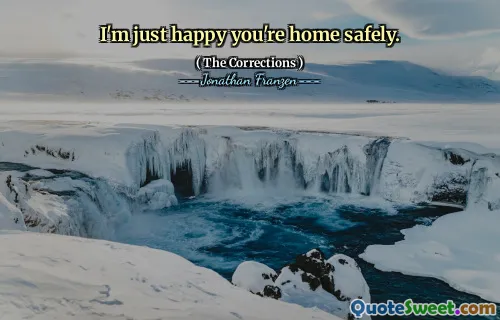
It rankled her that people richer than she were so often less worthy and attractive. More slobbish and louty. Comfort could be found in being poorer than people who were smart and beautiful. But to be less affluent than these T-shirted, joke-cracking fatsos
This excerpt delves into the complex feelings of envy and internal conflict regarding social status and superficial judgments. It highlights how society often equates wealth with worthiness and attractiveness, equating material affluence with personal value. The narrator recognizes a disparity in superficial qualities; those who are physically more attractive and seemingly more deserving in the eyes of society are sometimes also less refined or less deserving, according to these skewed standards. The comfort found in poverty suggests an appreciation for genuine qualities like intelligence and beauty, perhaps more authentic or enduring than monetary wealth. However, the mention of the 'T-shirted, joke-cracking fatsos' hints at an underlying critique of modern stereotypes—those visually less conventional, yet possibly more lively or genuine. This internal struggle reflects broader societal tensions—how superficial judgments shape our perceptions of worth and happiness. The quote invites reflection on the often superficial measures of success and beauty, compelling us to reconsider the values we uphold and the judgments we make about others. It underscores the human tendency to associate wealth and appearance with moral or personal superiority, highlighting the often arbitrary and shallow nature of these standards.








